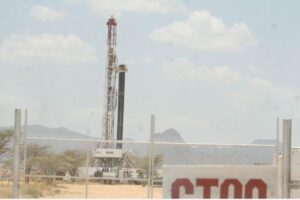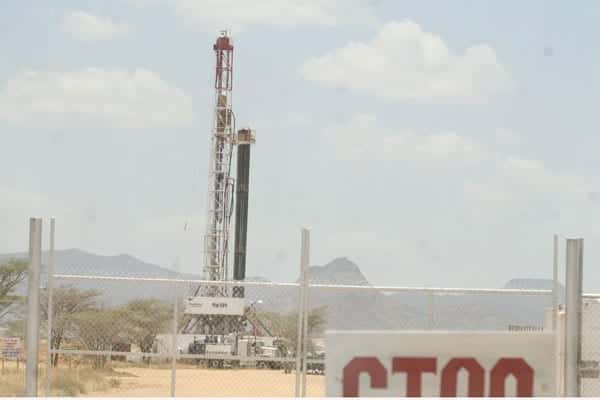 The discovery of oil and other natural resources in Kenya has been one of the most talked-about events in the investment sector, both locally and internationally.
The discovery of oil and other natural resources in Kenya has been one of the most talked-about events in the investment sector, both locally and internationally.
Natural resources can spar growth that can change the face of a nation. Oil in Kenya has been discovered among some of the most remote and marginalised communities.
It is therefore of great importance the people charged with negotiating contracts with investors on these discoveries keep these communities in mind.
HOME TO MANY
Although the lands with the oil treasures are mostly undeveloped, the people calling these lands home have no other place to go. This point has to be in the fore front of all negotiations with the oil companies.
These people cannot afford a disaster brought about by, for example, an oil spill. They cannot afford to have their air polluted; they must co-exist with the oil wells and pipelines.
This can to be achieved by ensuring measures and counter measures are in place to prevent, detect and avert any oil related disasters.
NO SUBSTITUTES FOR WATER
A quick Google search will reveal some examples of destruction caused to livelihoods by pollution to water sources.
In Midland, Texas, USA, for example, some residents have been warned against consuming tap water because it has been contaminated with fracking chemicals.
This same story is replicated in many oil boom towns across the USA. The residents in these towns have to buy all their drinking water from other sources.
If the same were to happen to Turkana communities, it would spell doom to their livelihoods. Not only is it hard to find alternate sources of water, it would be very expensive for them and their livestock.
It is therefore imperative that utmost care be taken to guard all water resources. A little amount of chemicals in water can cause unimaginable damage.
It is the responsibility of oil companies to ensure that all possible instances of water pollution are prevented long before they happen. We simply cannot afford it.
EXPERTS TOO
Contract negotiators must find positions of employment for locals. And I do not refer to sweepers and gatekeepers.
When it comes to the environment for example, local people are the best placed first responders. They will be the first to notice when rivers start to dry up or when fish show up dead.
They will notice very quickly if livestock become ill or if plants wither. It is possible therefore to employ a multitude of them as data gatherers and first-hand reporters.
It is important to engage locals to ensure among other things that environmental problems are nipped in the bud and they feel part of the solutions-provision mechanism.
REVENUE SHARING
In my first business class, I learnt that companies exist to make a return for their shareholders. Investors are trooping to Kenya because there is money to be made.
And they are right. But part of this process is to ensure the government and the communities where these resources are being extracted from get their fair share too.
Negotiators must be aware the goals of the investor and those of the government are on opposite spectrums. The investor is most happy when they keep all the loot.
One of the most commonly used methods by investors is to pay royalties from net income. Investors then add all manner of costs to their ledgers reducing the amount of net income available for royalties.
Leaders and the government must be able to counter such moves. They can, for example, insist that revenue payouts be based on a formula that only considers extraction costs.
The goal is to ensure the government is not paying for expenses that have nothing to do with the extraction of resources.
The communities where these resources are located depend on our contract negotiators to make the right representations on their behalf.
As their representatives, you will have to make their case for safeguards against pollution, exploitation, and for fair compensation for their resources.
It is only fair because they will be tasked fully with shouldering any negative consequences of resource extraction in their midst.
Daniel Njenga is a certified public accountant living in Dallas, Texas. He is the proprietor of Daniel Njenga Certified Public Accountants in Plano, TX.
-nation.co.ke










